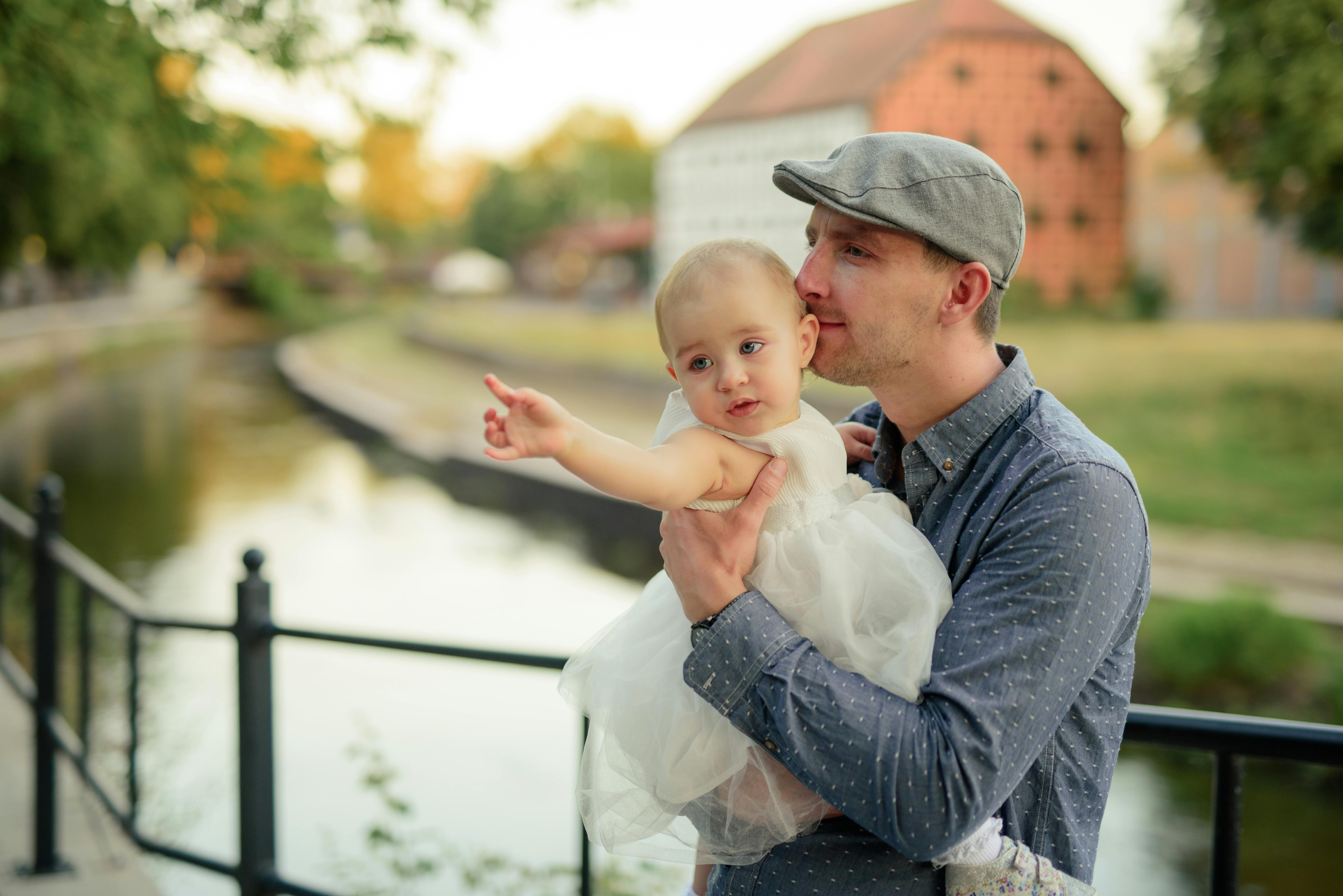Diagnosis of autism spectrum disorder (ASD)
As a speech pathologist, I often see children who are not learning to speak as well as they should. Sometimes it quickly becomes apparent that these children may be diagnosed somewhere on the “autism spectrum.” A specific definition could be Autism Spectrum Disorder (ASD).
At some point, as I get to know a child, it is necessary to bring up the idea. Sometimes parents come to therapy and ask, “Do you think my child has autism?” Other parents may never have considered the possibility and find it extremely difficult to start talking about it.
Parents may have developed their understanding of autism from the media. Very often, movies and books depict people with autism as having ALL possible autistic symptoms. These symptoms have become a stereotype of autism. This can be very misleading. When parents look at their son, they say, “That doesn’t look like my son!”
As a speech pathologist, I work with many children with autism or who are “on the autism spectrum” somewhere. Everyone is different. They have different symptoms and learn differently and at different speeds. Many clinicians who work with children “on the spectrum” find that they can quickly identify that this is the case by looking at a pattern of symptoms, rather than seeing a child who exhibits all the “classic” signs of autism.
Children usually come to Speech Pathology because they don’t speak like their peers. A child may not be speaking at all, or may be speaking in a limited way. Children with autism often repeat exactly what they have heard, a type of speech called echolalia. It can be what you just said to them (like, “Hi, Olly”) or lines repeated verbatim from a movie. Sometimes children may sound as if they are speaking in sentences, but it may be their own language or the melody of speech without clear words.
From a speech pathologist’s perspective, there will be normal developmental differences in the way a child communicates, not just talking. Eye contact is often limited, and your child may not automatically turn to you when he tries to get her attention.
When children are learning to speak in the usual pattern, they learn to copy most of the communication purposes of adults. Therefore, they will ask for things, protest and refuse, use polite language, comment on things they see or hear, and ask and answer questions. They want to communicate because they want to interact with others. If a child is having difficulty getting her message across, she can come up with a variety of strategies to get what she wants.
Children with autism generally communicate for only a limited variety of purposes and do not tend to seek interaction just for the sake of communication. They can get very angry when their needs cannot be met or when something makes them angry. It’s not always easy to figure out why they’re upset. Children with autism may be more easily upset than other children if they also have sensory difficulties, such as being overly sensitive to sound or touch.
They may also be less sensitive to senses, such as sound and touch, and seek stimulation, pushing against people or mirrors, for example, or turning or waving their hands.
Children tend to want to socialize with others and learn to take turns in conversations and with toys (although this part can take a long time!). Children with autism are generally not looking to play with their peers and are happier if left to do their own thing. They often even limit physical contact, such as hugging, with parents and brothers and sisters.
A diagnosis can be a very difficult thing for parents to accept, particularly if their understanding of a disorder is influenced by the media. The media has certainly taken notice of autism in the last decade, and there are almost an unlimited number of books and movies featuring people with autism.
Please do not be intimidated by these representations. Children are all individuals with their own personalities and abilities. If a child has autism, it’s probably better to know than not to know, for a number of reasons. Other people are likely to be more understanding of the difficulties you face and treatment can be planned and managed.
Most children with autism can be shown how to communicate with others. They participate in school and in many other activities in which they show interest. Some children with autism are exceptionally smart about things that interest them. They learn social skills and how to successfully interact with other people.
If you have concerns, find a speech pathologist who works with children with autism, to support and guide you through the issues, and get your child started on a lifetime of communication.
